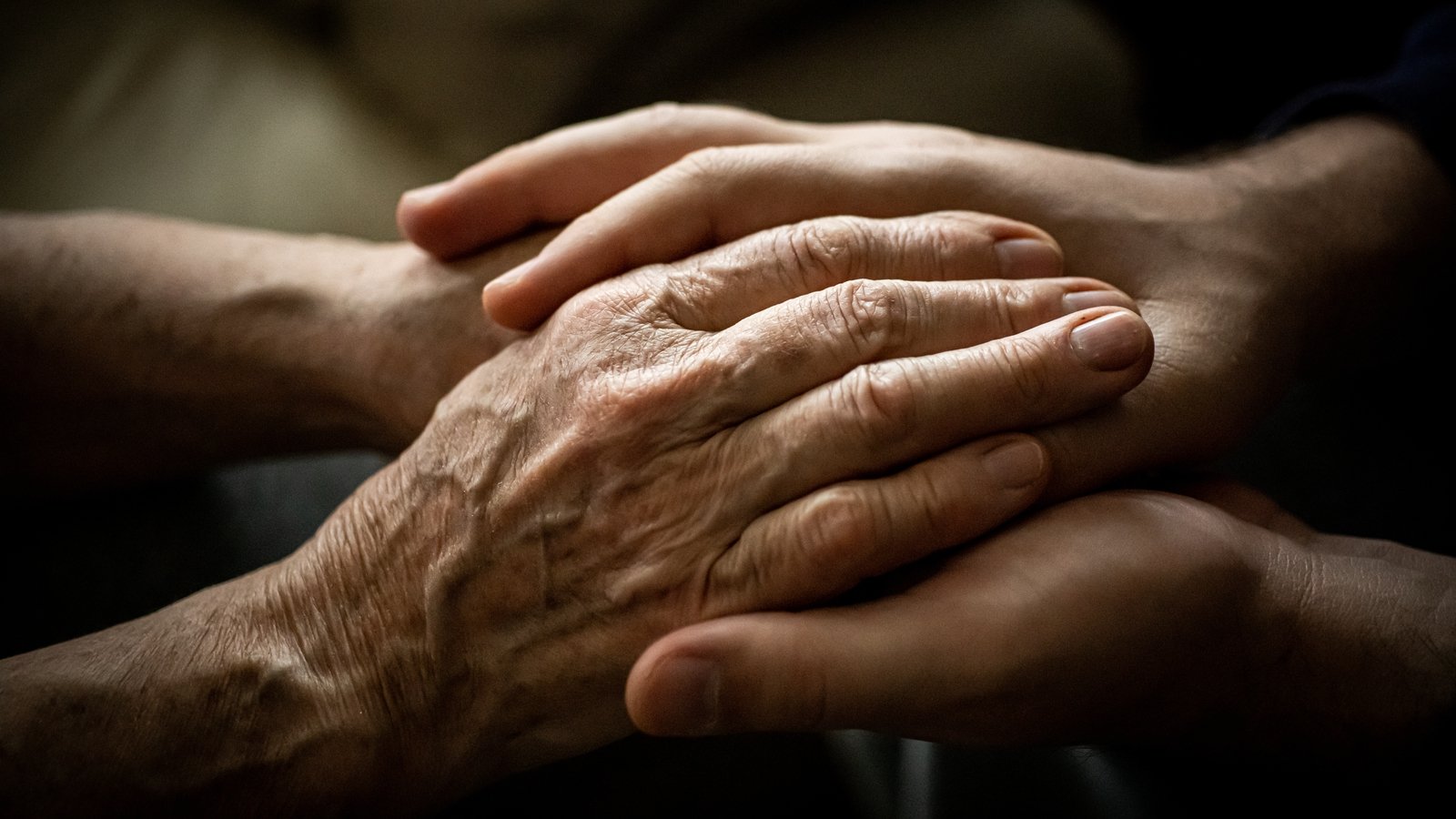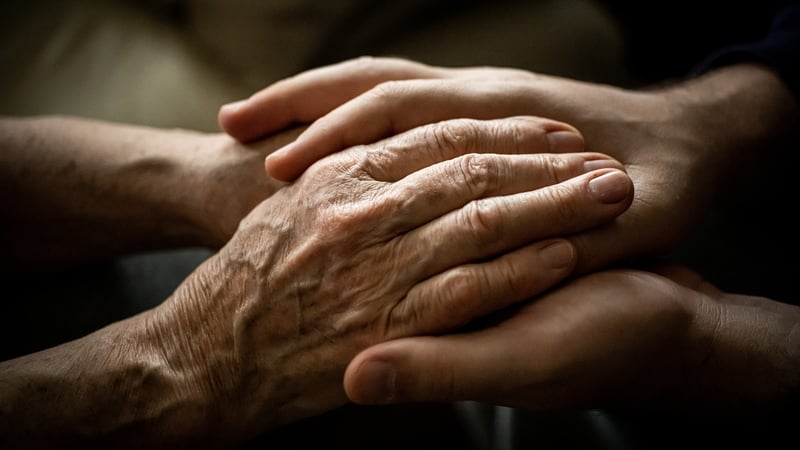Bishops opposed to legislation on assisted suicide


Irish Catholic Bishops have issued a letter stating their opposition to legislation resulting in the introduction of assisted suicide or euthanasia.
In a pastoral letter, the Bishops’ Conference said that such a move would see the State contribute to “undermining the confidence” of people who are terminally ill, who want to be cared for and want to live life as fully as possible until death naturally comes.
In March, an Oireachtas Committee which examined the introduction of assisted dying in Ireland recommended, in a final report, that both assisted dying and euthanasia be introduced here.
It said legislation would primarily apply to those diagnosed with incurable, irreversible, progressive, and advanced illnesses or medical conditions that would cause death within six months.
The Committee also recommended that doctors and healthcare workers involved with the provision of assisted dying be trained to “the highest level possible” to identify coercion when assessing or treating a patient.
The Irish Catholic Bishops have rejected the Committee’s final report.
In the pastoral letter issued this morning, they said that whatever the circumstances, the deliberate taking of human life, especially by those whose vocation is to care for it, undermines a fundamental principle of civilised society, namely that no person can lawfully take the life of another.
While the bishops have noted various “restrictions” regarding who might have access to assisted suicide and under what circumstances, they have expressed “little confidence” that the proposed restrictions would offer any real protection.
“Taking into account what has happened in many other jurisdictions, and indeed, what is already happening in Ireland with regard to the law on abortion, we believe that it would be only a matter of time before proposals would be on the table again to extend the availability of assisted suicide to those in our society who are most vulnerable, including people with intellectual disabilites,” they said.
The letter which is entitled ‘Freedom to Live Fully, Until Death Comes’ said that in their experience, many people can be helped to experience human and spiritual growth in the final weeks of terminal illness.
“Faced with the reality of their own mortality, they can and do come to understand themselves better, and to experience the love of family members and friends. This can be a time when old hurts are healed and people find inner peace.
“This process is supported through palliative and pastoral care, which places the focus on the needs of the whole person,” they said.
The bishops called on Catholics to “stand firmly in support of nurses and doctors who stand for life” and said palliative care services needed to be more widely available, in hospitals and hospices and in the community.





